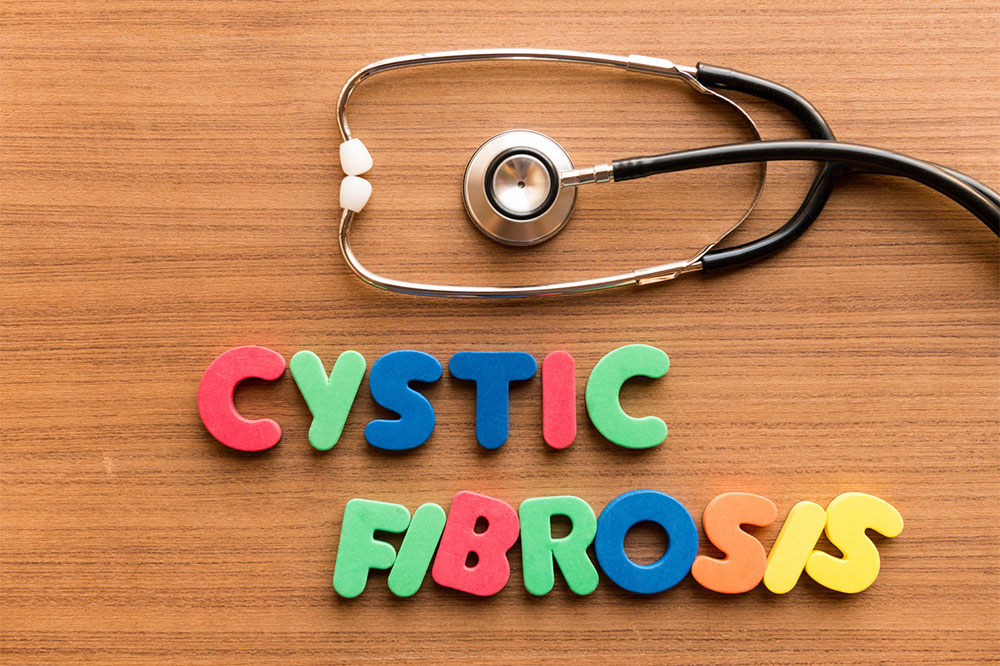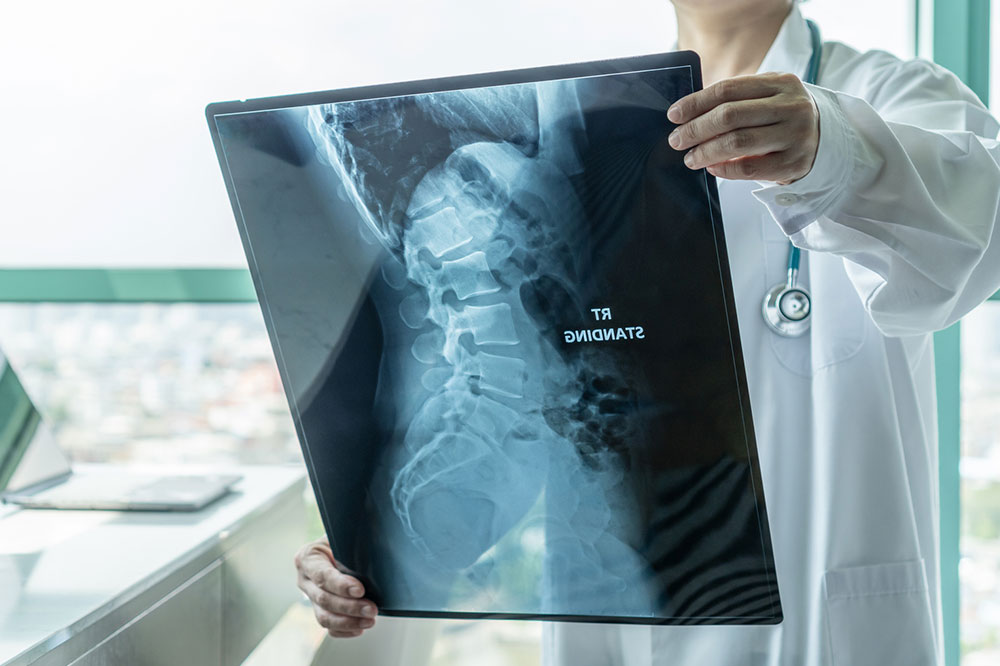Comprehensive Guide to Detecting the Early Signs of Cystic Fibrosis
This comprehensive guide explores the early indicators of cystic fibrosis, including respiratory, digestive, and physical symptoms. Recognizing these signs early can lead to prompt diagnosis and improved health outcomes. The article emphasizes the importance of awareness, genetic testing, and ongoing management strategies to enhance quality of life for those affected by this hereditary disease.

An In-Depth Overview of Recognizing Cystic Fibrosis Indicators
Cystic fibrosis (CF) is a complex hereditary disorder that profoundly affects the respiratory and digestive systems. It is caused by genetic mutations that result in the production of thick, sticky mucus, which can clog airways and hinder normal organ functions. Understanding the early signs and symptoms of cystic fibrosis is essential for timely diagnosis and effective management, improving quality of life and prognosis for those affected.
This condition is primarily inherited in an autosomal recessive manner, meaning a child must inherit the defective gene from both parents to develop the disease. CF is notably prevalent among populations of European descent but can affect individuals worldwide. Despite advances in treatment, cystic fibrosis remains a serious health concern with potential life-threatening complications.
Key indicators of cystic fibrosis encompass a wide range of symptoms affecting various body systems. Recognizing these indicators early can facilitate prompt medical intervention, which can slow disease progression and improve overall health outcomes.
Here are the most common and telling signs associated with cystic fibrosis:
Persistent Cough and Mucus Production - One of the hallmark symptoms of cystic fibrosis is a chronic cough that tends to produce thick mucus or phlegm. Over time, this cough may become severe and persist despite treatment, sometimes accompanied by traces of blood due to damaged bronchial tissues.
Breathing Difficulties and Lung Complications - CF causes narrowing and obstruction of the airways due to mucus accumulation. Patients may experience shortness of breath, wheezing, and repeated respiratory infections, including sinus infections. Pulmonary hypertension, a condition characterized by increased blood pressure in lung arteries, can develop if lung damage advances.
Gastrointestinal and Abdominal Symptoms - Mucus buildup also impacts the digestive organs, particularly the pancreas. This impairs enzyme delivery needed for digestion, leading to symptoms such as abdominal pain, bloating, and bacterial overgrowth. Patients often suffer from malabsorption, resulting in greasy, foul-smelling stools and unintentional weight loss.
Delayed Growth and Development - Children with CF frequently experience slower growth rates, delayed puberty, and difficulty achieving normal developmental milestones. This is largely due to nutrient malabsorption and chronic illness.
Persistent Fatigue and Exhaustion - Lung impairment reduces oxygen intake, leading to constant tiredness even after adequate rest. Patients may feel generally weak and fatigued, impacting daily activities and quality of life.
Nasal Polyps and Sinus Issues - The proliferation of benign growths called nasal polyps in the sinuses is common in CF patients. These polyps can block airflow, cause loss of smell, and lead to recurrent sinus infections.
Unintended Weight Loss and Malnutrition - Despite often having a good appetite, individuals with CF can become underweight due to poor nutrient absorption and increased metabolic demands caused by chronic infection and inflammation.
Male Infertility - About 95% of men with cystic fibrosis experience infertility, primarily due to congenital absence of the vas deferens. However, this typically does not affect sexual activity or the ability to father children naturally in some cases.
Nail and Finger Abnormalities - Clubbing of the fingertips and curved nails are physical signs indicating long-term low oxygen levels in the blood, often linked to lung disease progression in CF.
Recognizing these early signs and symptoms can significantly improve the chances of timely diagnosis and treatment, ultimately impacting the health and longevity of individuals with cystic fibrosis. Regular screening, especially if there is a family history of CF, along with genetic testing, can aid in early detection. Medical management may involve respiratory therapies, physical therapy, nutritional support, and medications designed to thin mucus, fight infections, and improve overall respiratory function.
In conclusion, cystic fibrosis is a multifaceted disease that requires a comprehensive understanding of its symptoms. Awareness and early intervention are key to managing symptoms effectively and extending lifespan. Advances in treatment continue to improve the outlook for individuals affected by this challenging condition.





